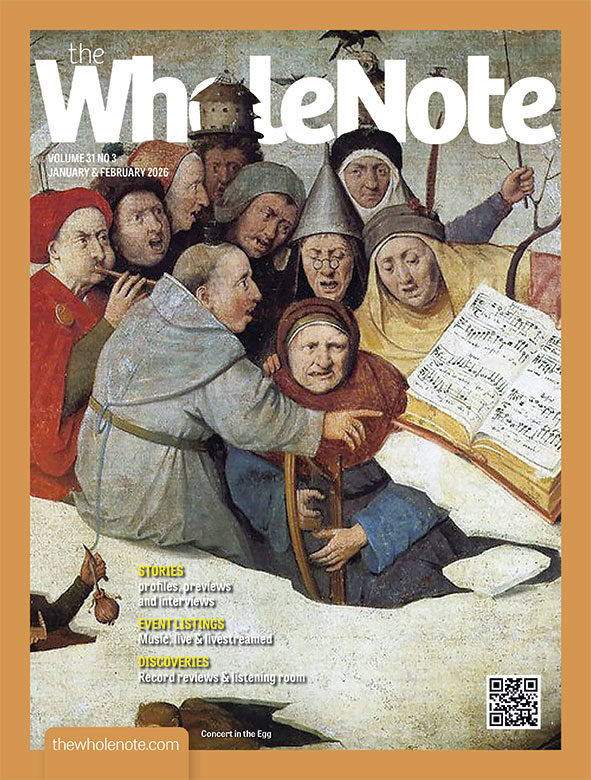The Street Where I Live …
The Street Where I Live contains probably only five or six dozen buildings in total. They include a firehall, daycare (soon to become a little Montessori School), community centre/settlement house, heritage nursing home converted to assisted housing, and a mix of houses from the 1880s to the 1960s, in various states of decay and ambitious renovation, accommodating a wide range of “household types” from empty nesters to multi-generational immigrant families, to rooming houses, to student housing, to double-income-no-kid (yet) trendies young and old, waiting patiently or impatiently for the neighbourhood to also mobilize upward.
It also contains a park the size of a small city block, a “Green P” parking lot (three quarters the size of the park) and far and away the downtown’s finest willow tree, its branches stretching skyward, its puzzled roots wondering where Russell Creek, long buried, went.
On the street where I live there are probably only five or six dozen buildings, but they include two that are steeped in history: the Kiever Synagogue (furthest south) and St. Stephen in-the-Fields Anglican Church (furthest north).
My personal musical November started at the Kiever during Holocaust Education Week, and will draw to a close November 29 at St. Stephen in-the-Fields with a concert titled “Music for Autism,” organized by pianist Richard Herriott, and written about in a story by Rebecca Chua in the previous issue of The WholeNote.
It’s just a few short blocks and a few short weeks between the one event and the other, but in between I have already had a chance to observe how far the ripples from one concert can spread. The concert at the Kiever was titled “Letters from Bozena” which was the name of the major work, by musicologist/composer Charles Heller, on the second half of the program. Bozena was his grandmother’s name and the work, for soprano soloist (Stacie Carmona) and chamber ensemble, was built on letters Bozena had written from Czechoslovakia to her son (Heller’s father) who had taken refuge in England in the late 1930s as the storm clouds gathered.
It was “not your typical concert audience.” Members of the congregation rubbed shoulders with outsiders drawn by the event’s musical pedigree. The venue itself is rarely, if ever, used for concertizing; but great music making from performers such as violinist Barry Shiffman and pianist Bram Goldhammer, in repertoire ranging from Dvořák to Golijov hung beautifully in the air above the bimah. And the context, historical, personal and memorial, of the concert gave the music that edge that relevance brings; when the form and function of a work are reunited, as when a requiem is sung at an actual funeral, or one can take communion while one of the world’s great choirs sings.
As interesting to me has been observing how ripples can spread from one concert to another. A case in point: entering the Kiever that day I noticed inserted into the program a postcard for a November 23 event — Toronto Consort’s presentation of Ensemble Lucidarium, a Milan-based consort specializing in Jewish music of 15th century Italy. It was a canny bit of product placement, I thought at the time, but a bit of a long shot. I was wrong; the Saturday November 23 performance of Ensemble Lucidarium at Trinity-St. Paul’s had at least a dozen members of the audience from the Kiever two weeks previous, for music that leapt effortlessly across the centuries into an enthusiastic audience’s receptive ears.
Concert making will find its way back into the Kiever I found myself thinking; and Toronto Consort will have found new listeners as well.
Similarly it will be interesting to see what kind of ripple effect “Music for Autism” at St. Stephen’s will have had by the next time I’m back writing this column. Will there be people who find their way from that event to Walter Buczynski’s 80th anniversary concert at Walter Hall January 26, having noticed that Herriott will be one of the pianists assembling, along with Buczynski himself, for that event? Or will there be people there (with children, for example) who take heart from being at a concert where funeral-like decorum is not imposed, and who begin to realize that concert norms, like the music itself, are always evolving and changing? Or that their own assumptions about their children’s capacity for attention and appreciation are greater than they thought they might be?
I have no grand peroration to this little opener — just to say that it’s a season of change with glorious opportunities to revel in the familiar and to step just a little bit outside our usual comfort zones. Enjoy. Dare. And we’ll see you on the other side of the saelig season.



